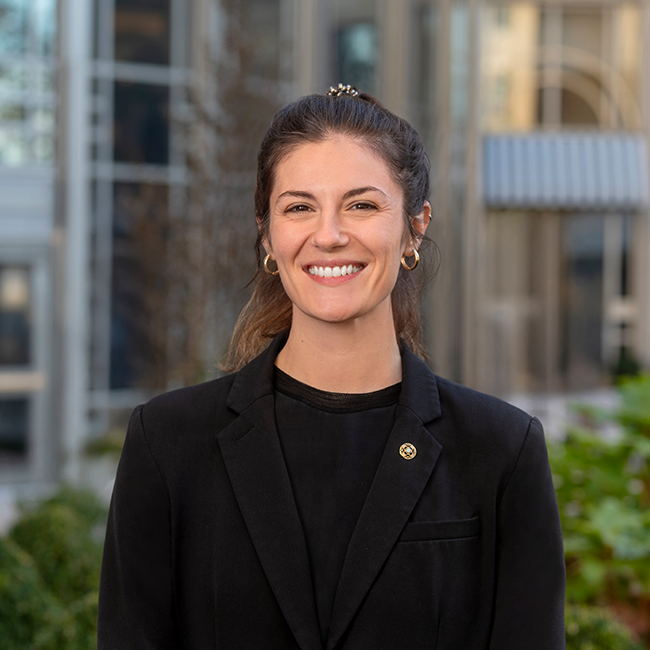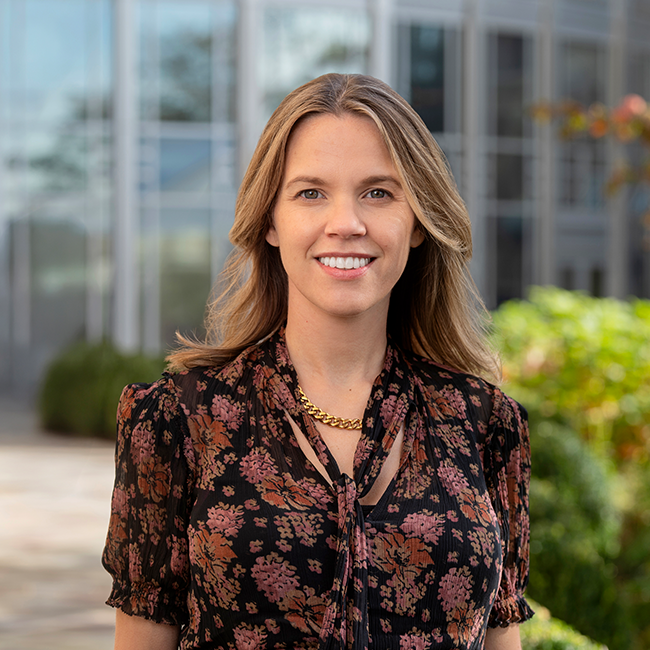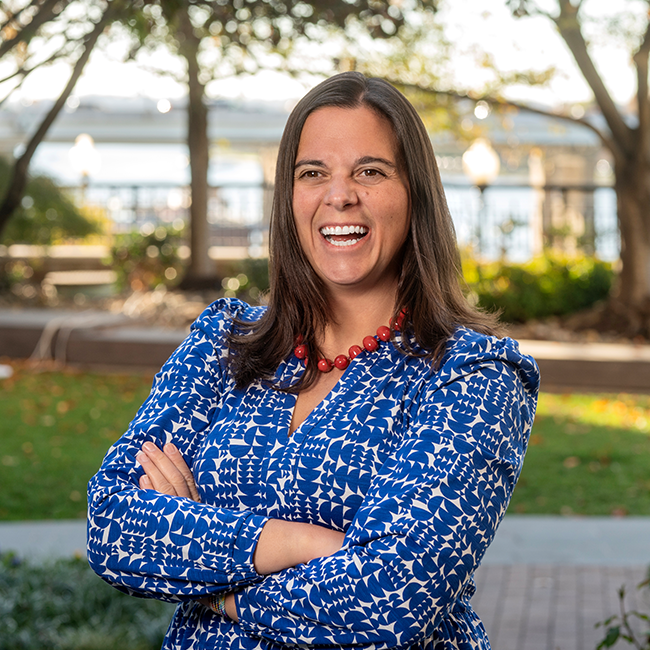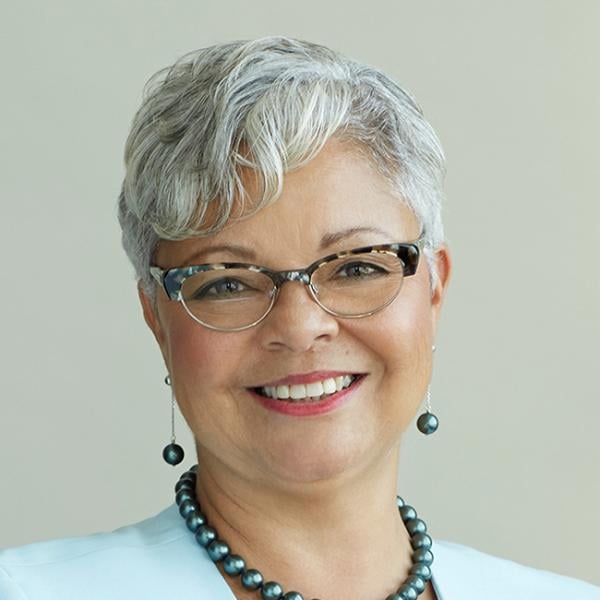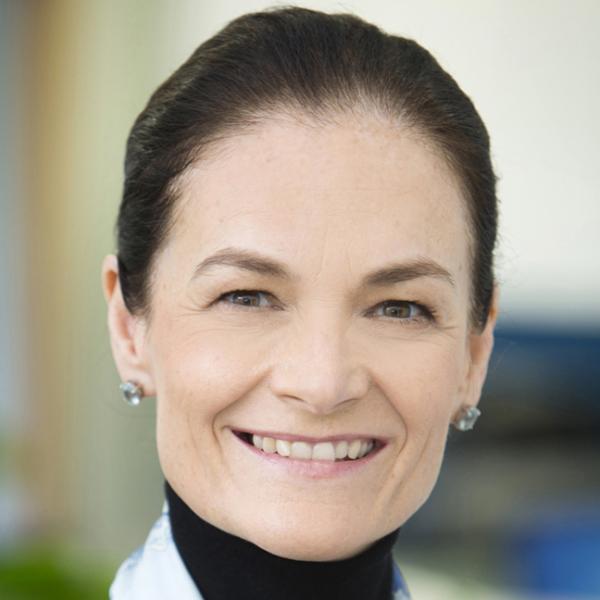In conjunction with the Partnership for Lending in Underserved Markets (PLUM), a Milken Institute and U.S. Small Business Administration initiative to develop actionable solutions to long-standing barriers that constrain minority entrepreneurs from accessing capital, the PLUM Los Angeles Technical Assistance Working Group spent considerable time exploring what culturally competent technical assistance looks like and identifying best practices around program design, service delivery, curriculum, and marketing and outreach.
Technical assistance is the education and guidance provided to entrepreneurs and small business owners to help them start and grow businesses. As it builds the capacity of organizations to operate effectively, technical assistance positions entrepreneurs and small businesses to access capital. To effectively reach and support Black and Hispanic small business owners, technical assistance needs to be culturally competent.
Developing cultural competence is a dynamic and complex process requiring ongoing assessment and feedback, but it is necessary to building trust between technical assistance providers and Black and Hispanic entrepreneurs and small business owners. By implementing culturally competent best practices around program design, service delivery, curriculum, and marketing and outreach, TA providers can more effectively reach and support these populations.
Related Content
-
Health and the Gender Gap
In this discussion paper on social and regional factors in well-being, Milken Institute Health Economist Ken Sagynbekov examines gender-based health disparities across U.S. regions. He assesses the role of social and economic influences on...Read Report -

Health Equity in Science: A Giving Smarter Guide
Health equity is the state in which every person has a fair and just opportunity to achieve the best possible health.Read Report -
Milken Institute launches new tool providing a holistic view of what makes communities more vulnerable to COVID-19
Adjusting for population, 7 of the 10 counties most affected by COVID-19 are in Georgia and New Jersey. Washington, D.C. – June 9, 2020 – The COVID-19 pandemic continues to ravage communities across the country as government leaders open up...Read Article -

COVID-19 Silver Linings for Biomedical Innovation: Implementation Roadmap
While the response to the COVID-19 pandemic has exposed many of the fault lines in the biomedical innovation ecosystem that have slowed progress for decades, we have also shown ourselves capable of innovating in ways we perhaps did not...Read Report -

New 2022 Milken Institute-Harris Poll Listening Project Survey Reveals Business Optimism Despite Current Economic Climate
New exclusive survey finds C-suite executives are turning sights from today’s challenges to the longer-term disruptions of a changing consumer, worker and requirements of business. LOS ANGELES - MAY 2, 2022 - At the Milken Institute Global...Read ArticleImage
Chad Clinton
Director, Media RelationsChad Clinton is the director of media relations for the Milken Institute. Hired to this role in August 2021, Clinton develops and executes strategies to amplify the Institute’s core messages by generating coverage of its pillar workstreams, experts, and events. -

Toward a National Action Plan for Achieving Diversity in Clinical Trials
This report details the actions organizations and sectors from across the enterprise can take to create a clinical trials enterprise that is diverse, equitable, inclusive, and accessible to all.Read Report
 11
11
11
11
Esther Krofah, Barbara E. Bierer, MD, Morgan Hanger, Sally Okun, and Willyanne DeCormier Plosky, DrPH
11
11
11
11
Esther Krofah, Barbara E. Bierer, MD, Morgan Hanger, Sally Okun, and Willyanne DeCormier Plosky, DrPH -
The Price Women Pay for Dementia: Strategies to Ease Gender Disparity and Economic Costs
Technical Update Dementia presents a pernicious gender-based health disparity in the United States, inflicting a disproportionate burden on women as both patients and caregivers. Given the rapid increase in the population of older Americans...Read Report -

Community-Based Infrastructure for Inclusive Research: Democratizing Access to Research
FasterCures’ work, spurred by the COVID-19 pandemic, identified numerous challenges in both the publicly and privately funded research ecosystems that make it difficult for established players to sustain and scale efforts to move research...Read Report -
Milken Institute hosts Summer Series examining life and business amid-COVID-19
Headliners included IMF’s Kristalina Georgieva, Vista Equity Partners' Robert Smith, Dr. Anthony Fauci of NIH, Pfizer CEO Albert Bourla, and James Bullard of the Federal Reserve Bank of St. Louis. Washington, D.C. – July 8, 2020 – The...Read Article -

Achieving Health Equity: A Multi-Stakeholder Action Plan to Address Diversity across the Clinical Trials Enterprise and the Biomedical Research Ecosystem
Clinical trials have been used for decades as the primary way by which researchers determine if a new treatment is safe and effective for human use. Within the biomedical research ecosystem, participants in clinical trials often do not...Read Report -
Office of Management and Budget (OMB) – Practices for Advancing Equity and Support for Underserved Communities
Submitted electronically To: The Honorable Shalanda Young, Acting Director, Office of Management and Budget From: Richard Ditizio, President and Chief Operating Officer, Milken Institute About the Milken Institute: For the past three...Read LetterImage
Richard Ditizio
CEO, Milken InstituteRichard Ditizio is the CEO of the Milken Institute, responsible for all pillars and departments across the organization's global footprint. Under his leadership, the Institute expanded its staff and programmatic work to Asia, Europe, the Middle East, and Latin America. -

Distance as an Obstacle to Clinical Trial Access: Who Is Affected and Why It Matters
Access to clinical trials is valuable for patients as it provides the possibility to obtain novel treatments that are not yet commercially available. There are many barriers to access for patients wishing to join clinical trials, including...View Research

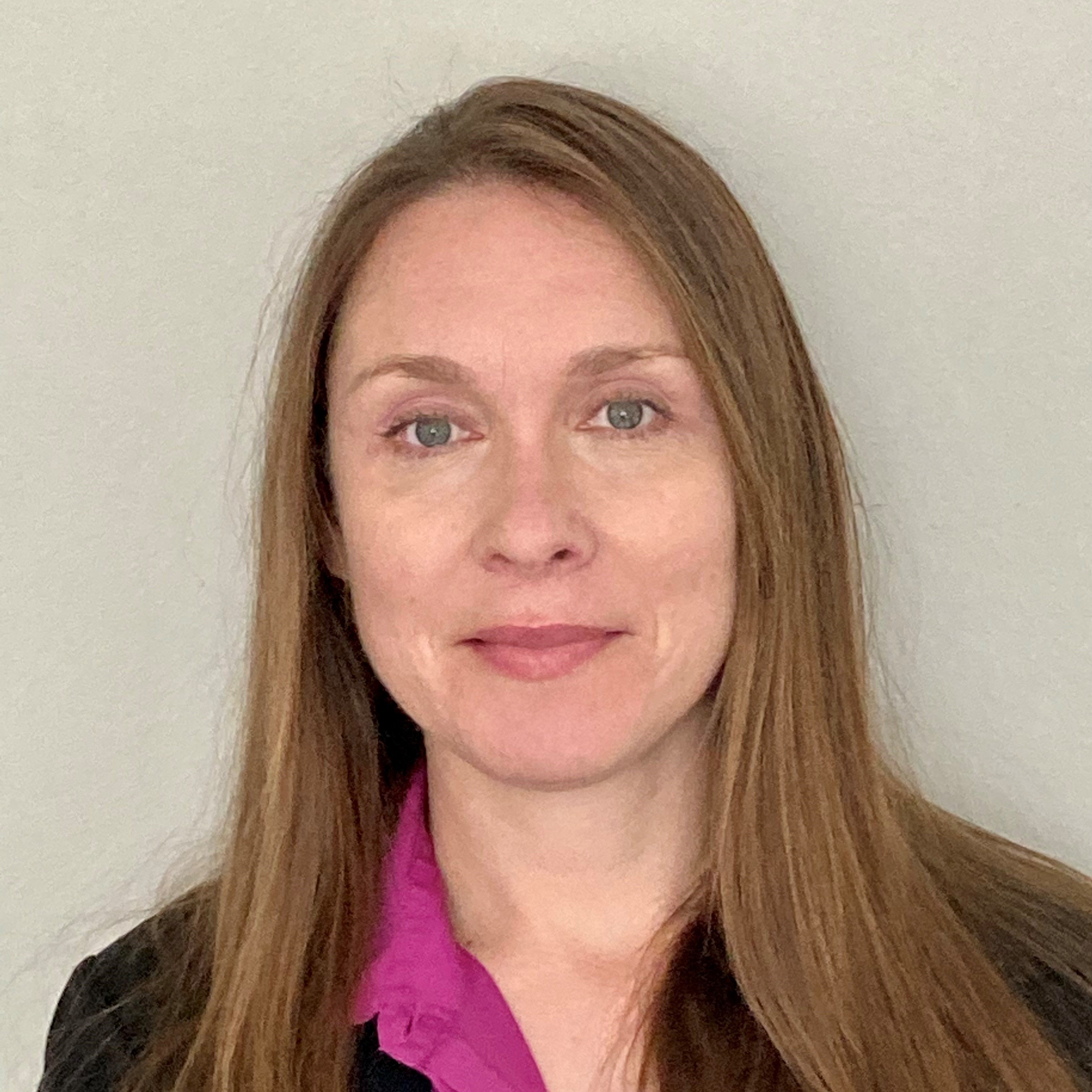 11
11
